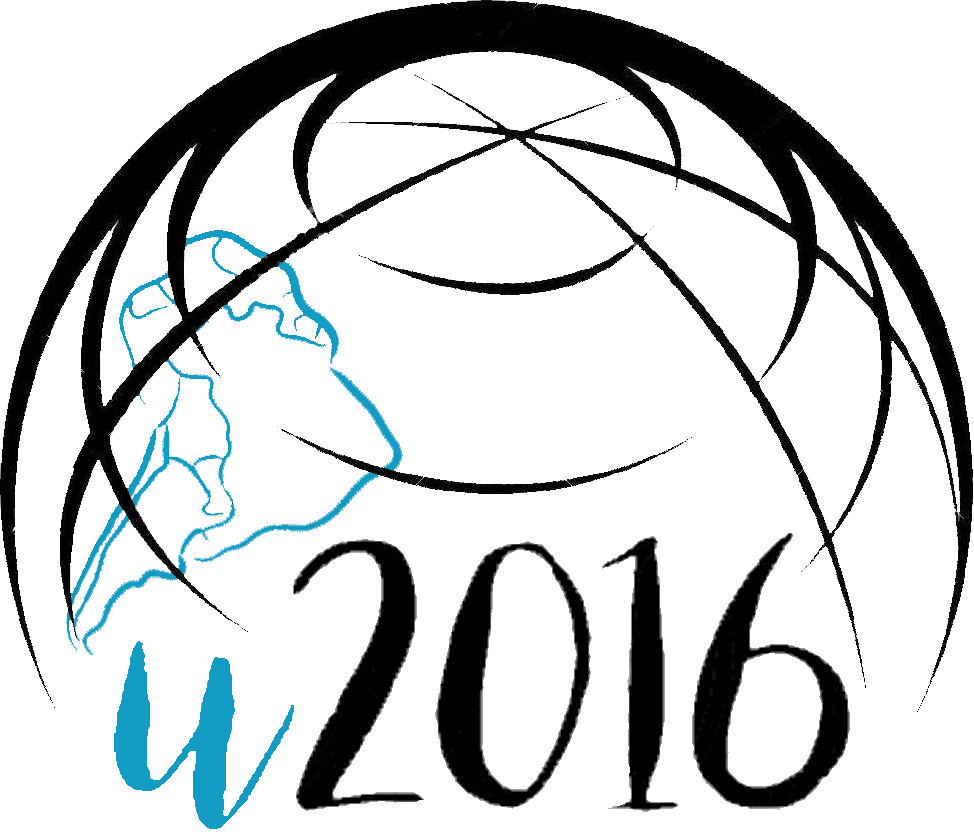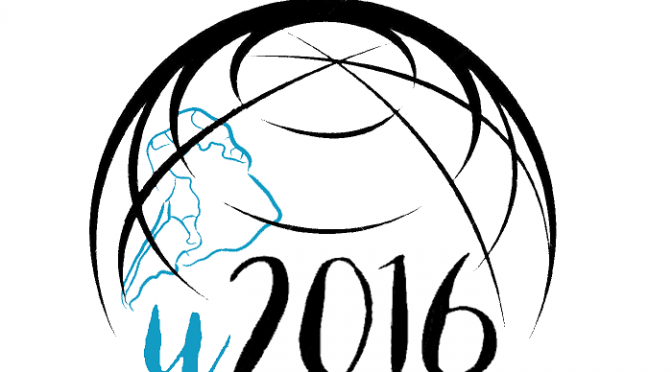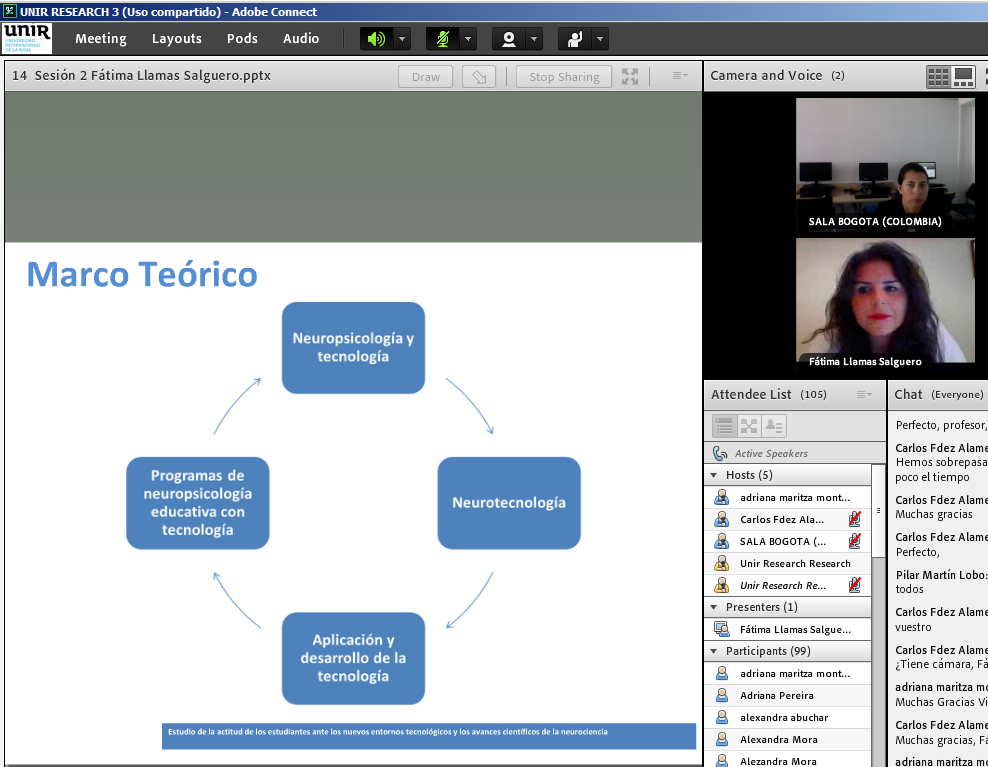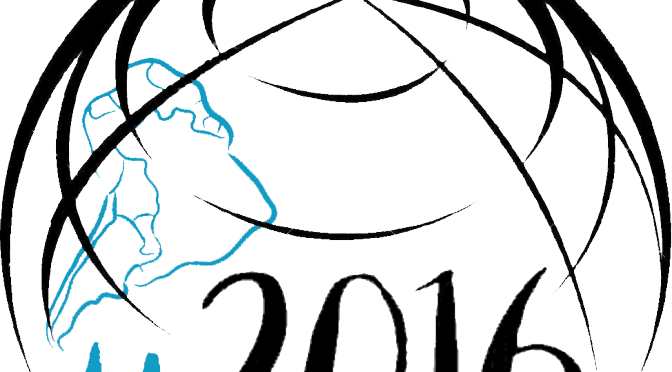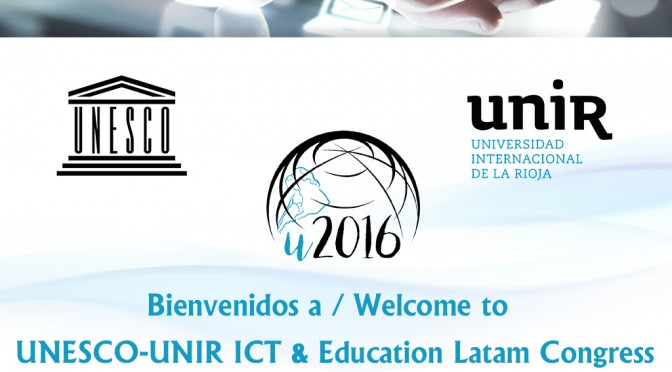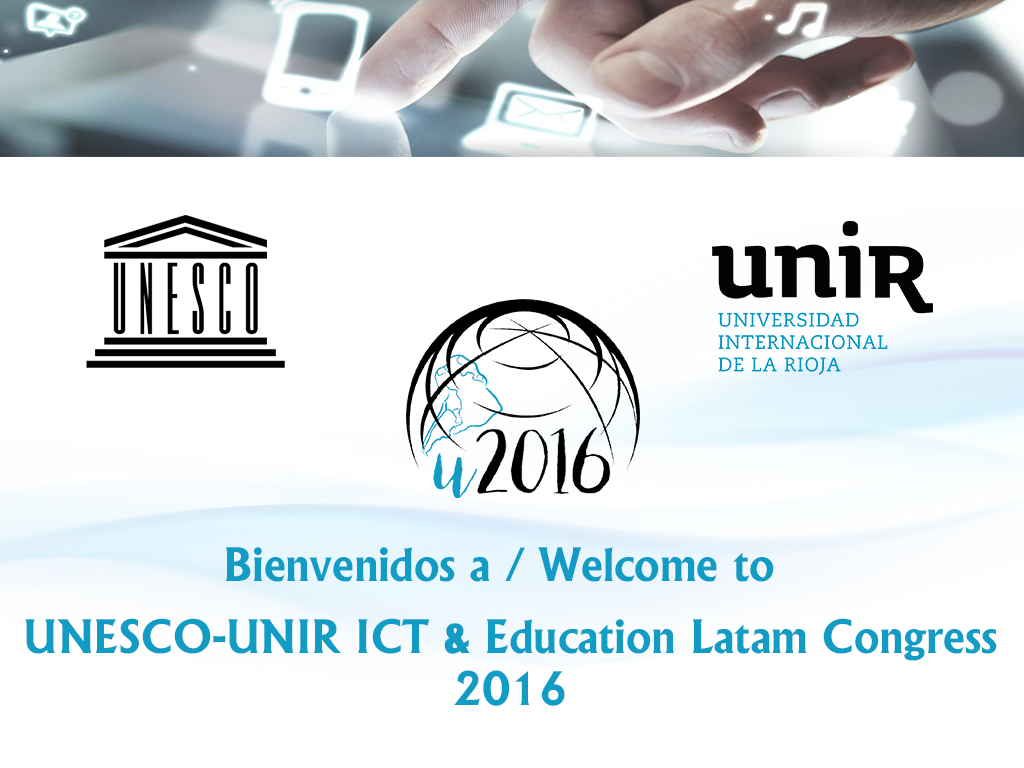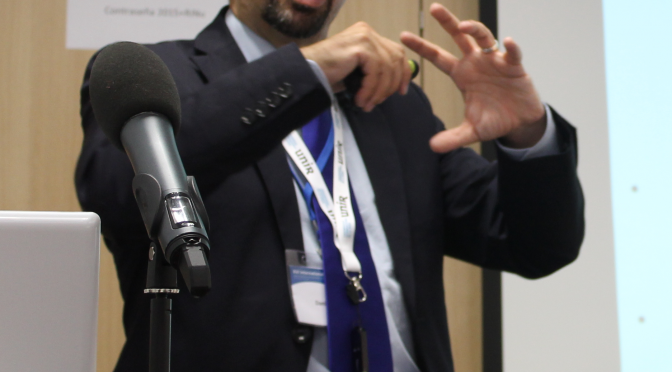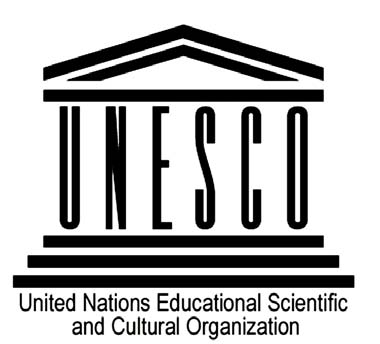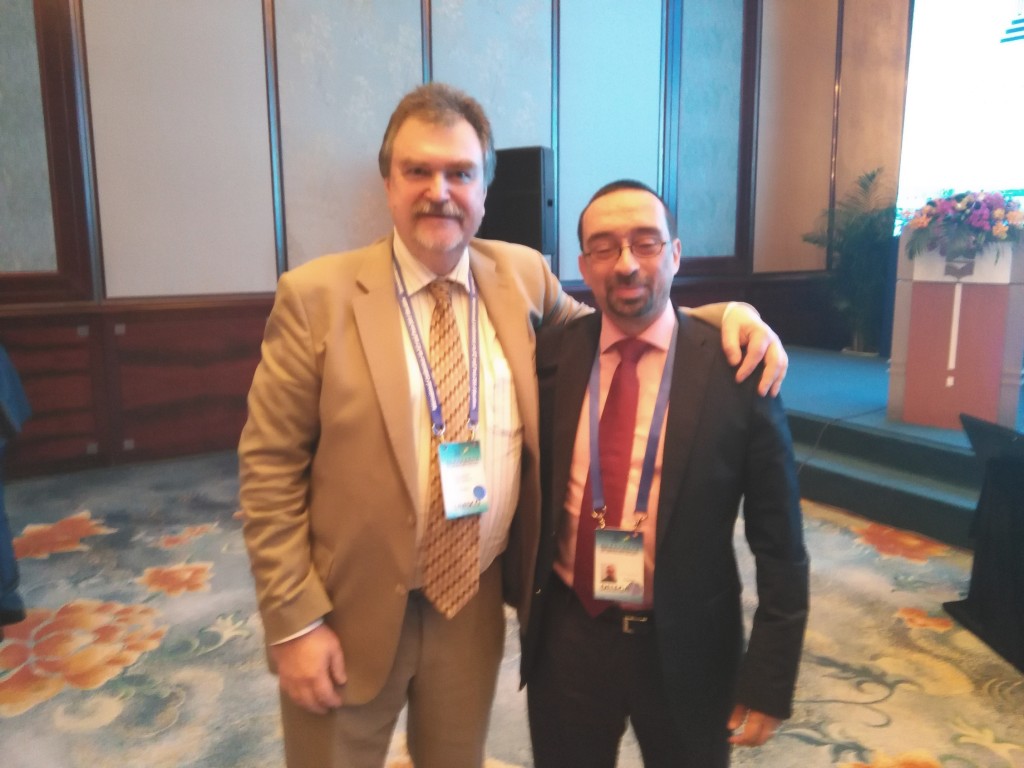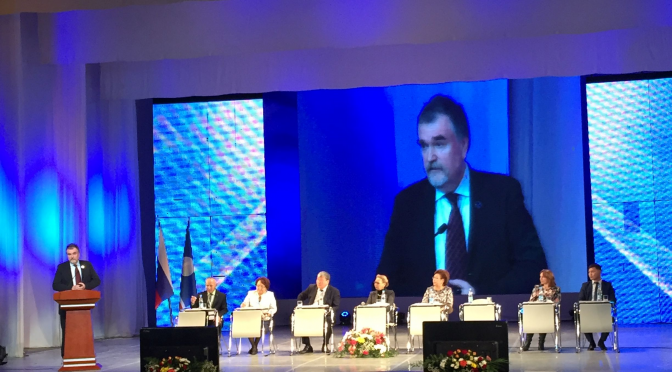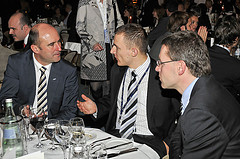UNESCO-UNIR ICT & Education Latam Congress 2016 has successfully been developed in terms of participation and scientific outcomes. The Congress gathered more than one hundred researchers who have developed an action plan for Latin America in Educational Technology, Methodology and Policy to maximize the application of ICT and innovation in Education.
Researchers, teachers, experts and students from Russia, China, Germany, United Kingdom, Canada, Mexico, Puerto Rico, Ecuador, Colombia and Spain, have participated in the Congress.
Alexander Khoroshilov, Director a.i. of UNESCO IITE, stressed the idea that the Educational Technology is essential to achieve the objectives in education that UNESCO 2030 has stablished. “The main goal is to ensure education that offers opportunities for all, that is inclusive, and focus on life-long learning. Something impossible if we do not have the technology on our mindset”.
Marisol Ramirez-Montoya, director of the UNESCO Chair “Open Educational Movement for Latin America”. She stressed that “the specific actions proposed are intended to achieve innovation through the integration of resources, educational methodologies, administrative goals, institutional visions and internationalization on Higher Education “.
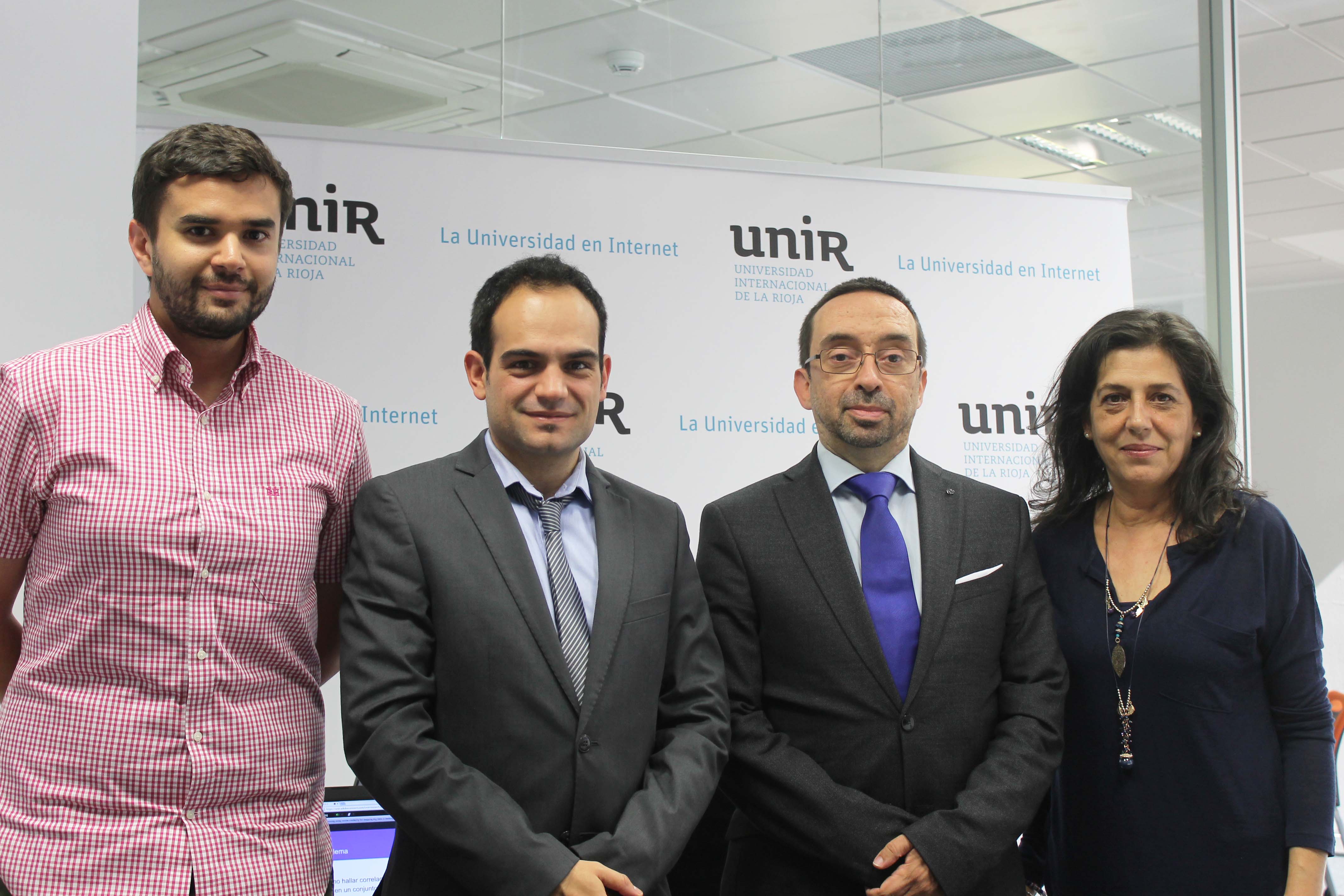
In this line, as pointed out by Daniel Burgos, president of the Congress, Technology and Methodology must go hand in hand. “Only an inclusive approach can allow us to integrate in the official programs what occurs outside the classroom, in order to improve academic outcomes.”
The work of the Congress proposed in this regard: systems for use, recycling and improved Open Education, methodologies that integrate neuroscience and creativity. Also it recommends to research on deep learning, mobile applications for literacy, possibilities of virtual reality and 3D, and cybersecurity.
The u2016 Congress has been organized by UNESCO IITE (Institute for Information and Technology in Education, Moscow, Russia), the Universidad Internacional de la Rioja (UNIR) and the UNESCO Chair on eLearning, at the Vice-chancellorship for Research and Technology (UNIR Research) .
Activity in Social Networks:

